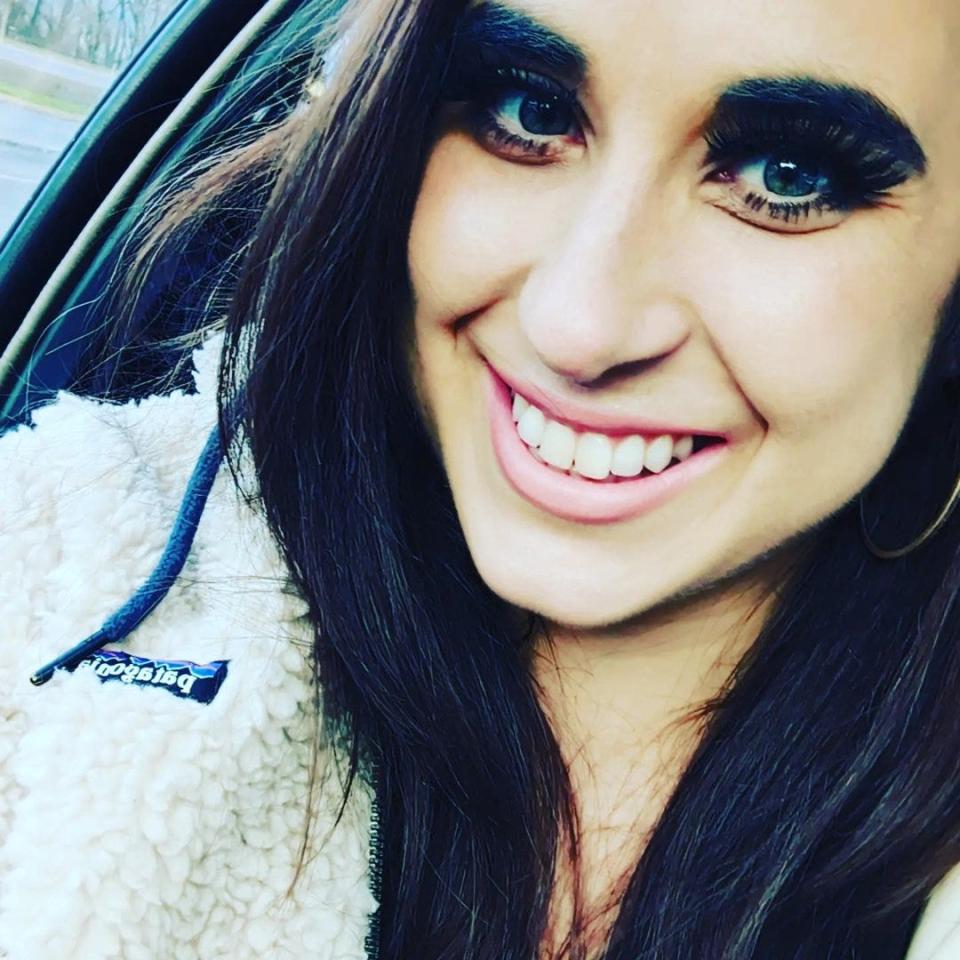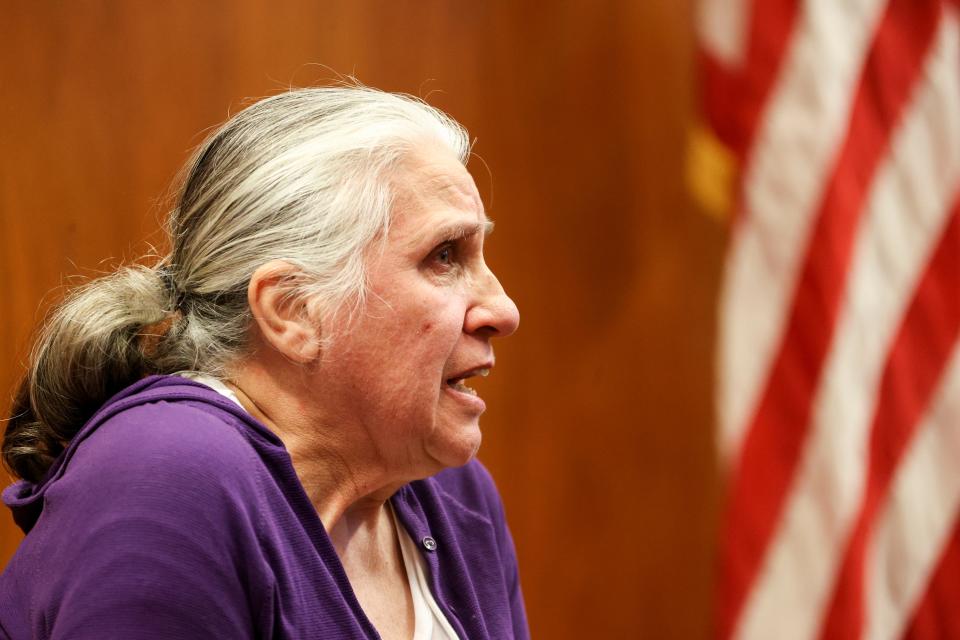Mother of woman killed in homeless camp crash sues Salem bar, state, city for $5.5 million
In March 2022, a Salem man crashed into a homeless encampment north of downtown while drunk, killing four people and injuring two.
The mother of a woman killed is now suing the bar that served the man and the state of Oregon and city of Salem for allowing the encampment.
The lawsuit accuses the Night Deposit Whiskey Library on Commercial St. NE of serving Enrique Rodriguez Jr., 26, while he was visibly intoxicated in the hours before the crash.
According to police records, Rodriguez was spotted street racing. His blood-alcohol content was .26% — more than three times the legal limit.
One witness estimated Rodriguez was going about 70 mph moments before the crash. The posted speed limit on the street is 35 mph.
After he failed to negotiate the turn in the road, his Nissan 300ZX crossed the center median and barreled into a cluster of tents huddled between Front Street NE and a railroad track just north of downtown.
First responders reported a chaotic scene with people screaming in pain, a smoking car, mangled tents and other debris.
Prosecutors said during criminal proceedings that Rodriguez had been partying at a friend's house earlier in the night. While still allegedly drunk, he drove downtown, drank with a friend while parked and continued drinking at a nearby bar, identified in the lawsuit as the Night Deposit.
Video footage showed him driving recklessly, going up on a curb and almost hitting his friend.
Rodriguez drove away from the bar. Minutes later, Jowand Beck, 24, Luke Kagey, 21, Joe Posada III, 54, and Rochelle Zamacona, 29, were dead.

The deadly crash took place on a small patch of grass and trees owned by the Oregon Department of Transportation. ODOT officials said they do not allow camping along the state highway system due to its inherent dangerousness, calling the March crash the agency's "worst nightmare."
The site was set to be vacated the same week the crash occurred. By law, ODOT was required to give campers at least 10 days to vacate the property. Notices had been posted March 17, 2022.
Last year, Rodriguez pleaded guilty to four counts of first-degree manslaughter, two counts of second-degree assault, DUI, reckless driving and three counts of endangering another person and was sentenced to 25 years and 10 months in prison.
Sonia Zamacona, the mother of Rochelle Zamacona, filed the wrongful death lawsuit Nov. 9 in Marion County Circuit Court. Her attorney Travis Prestwich said in the complaint that the tragedy resulted from the bar's, city's and state's "actions and inactions."
The Night Deposit staff, according to the lawsuit, served Rodriguez while he was visibly intoxicated, making them "strictly liable" for Zamacona's death.
In the complaint, Prestwich said the state of Oregon's negligence also led to the deaths. By failing to evacuate the encampment sooner, fence or barricade it off, warn people of the danger and cite campers for trespassing, it posed a threat to people living there, he said.
The lawsuit also made the same accusations toward the city of Salem. The land occupied by the camp was owned by the state, which typically means the state is tasked with managing and trespassing people from the property.

City officials declined to comment on the allegations, citing the pending litigation.
"Our deepest sympathies remain with the friends and family of those affected by the terrible tragedy in March 2022," city officials said in a statement.
ODOT officials also declined to comment on the active lawsuit but said the incident was a tragedy.
"We don’t allow camping in our right-of-ways because of the danger it poses," spokesman David House said. "Our goal is to maintain a safe, secure and effective transportation system for everyone. We regularly clear camps from state highway rights of way in partnership with local law enforcement and social service providers."
Night Deposit management did not respond to a request for comment.
At Rodriguez's sentencing, family members described Zamacona as selfless and always willing to help others, even when she had nothing.
Zamacona grew up in Salem, Albany and Brownsville. She remained in contact with her family as she struggled with mental health issues and drugs. Her father said she had a home to return to when she was ready.
"I have a big hole in my heart," Eddie Zamacona said at Rodriguez's sentencing. "That guy over there ... He took my daughter from me."
Her mother Sonia Zamacona held a picture of her daughter on a horse.
"I want everyone to know who she was," she told the court. "That's all I have left of my daughter: her pictures."
For questions, comments and news tips, email reporter Whitney Woodworth at wmwoodworth@statesmanjournal.com, call 503-910-6616 or follow on Twitter at @wmwoodworth
This article originally appeared on Salem Statesman Journal: Oregon homeless camp crash victim's family files lawsuit

